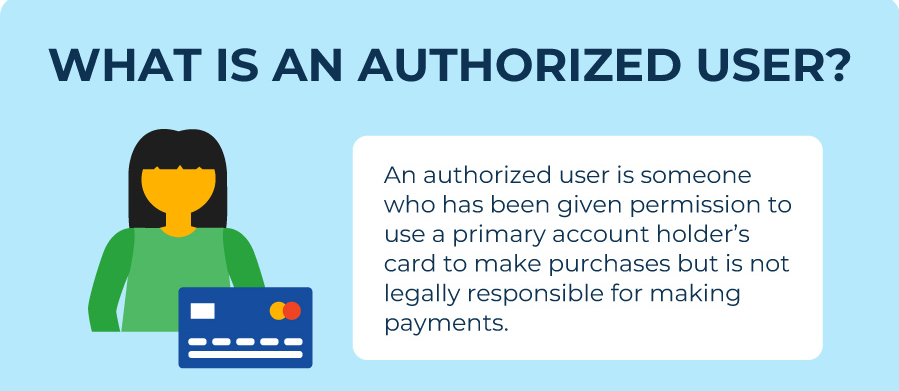Should You Become an Authorized User to Boost Credit?
If you’re working to build or repair your credit, you’ve probably heard the advice: “Become an authorized user on someone else’s credit card.” But what does that actually mean and does it really help?
Let’s break down the benefits, risks, and whether this credit-boosting strategy is right for you.
What Does It Mean to Be an Authorized User?
An authorized user is someone who’s added to another person’s credit card account. As an authorized user, you’ll typically get your own card and can use it to make purchases, but you’re not legally responsible for paying the bill. The primary account holder carries that responsibility.
The key perk? The account’s history its age, payment record, and credit utilization may be reported to the credit bureaus under your name, potentially improving your credit score.
How Being an Authorized User Can Boost Credit
Adding a positive credit account to your credit report can help in a few ways:
-
Build Credit History – If the account has been open for years, you instantly benefit from a longer credit history (a major scoring factor).
-
Improve Payment History – If the primary account holder always pays on time, those positive payments show up on your report.
-
Lower Utilization Ratio – If the card has a high limit and low balance, it can reduce your overall credit utilization percentage.
For someone new to credit—or recovering from past mistakes—this can give a quick score boost.
The Risks of Becoming an Authorized User
While this strategy can be powerful, it comes with potential downsides:
-
Negative History Counts Too – If the account holder misses payments or maxes out the card, that bad history could also hurt your score.
-
No Guaranteed Reporting – Not all credit card issuers report authorized user activity to the credit bureaus. You’ll want to confirm before relying on this method.
-
Limited Control – Since you’re not the primary account holder, you can’t manage payments or usage. Your score depends on someone else’s financial habits.
Who Should Consider This Strategy?
Becoming an authorized user can be a smart move if:
-
You’re new to credit and want to build a history.
-
You trust the primary account holder to manage the account responsibly.
-
The account is old, has a strong track record of on-time payments, and keeps balances low.
On the other hand, if you’re concerned the account holder may slip into late payments or carry high balances, it might be safer to avoid this strategy.
Alternatives to Consider
If being an authorized user isn’t an option, you can still build credit with:
-
Secured credit cards (requires a deposit but reports like a normal card).
-
Credit builder loans (small installment loans designed to improve scores).
-
Retail or starter credit cards (easier approvals with small credit limits).
Final Thoughts
Becoming an authorized user can be a powerful shortcut to better credit—but only if it’s done wisely. Choose a responsible account holder with a strong track record, and confirm that the issuer reports authorized user data to credit bureaus.
At the end of the day, this strategy can give you a leg up, but your own credit habits matter most. Pay bills on time, keep balances low, and borrow responsibly to build long-term financial health.


